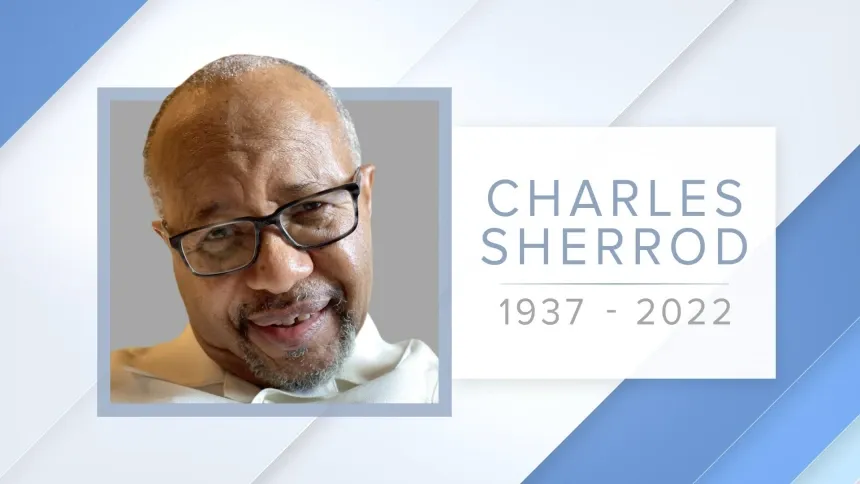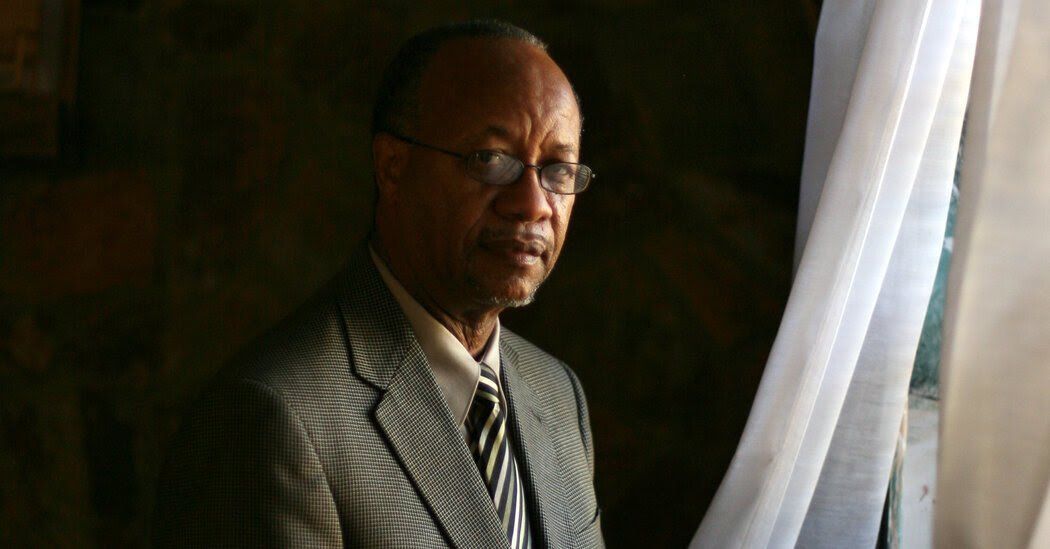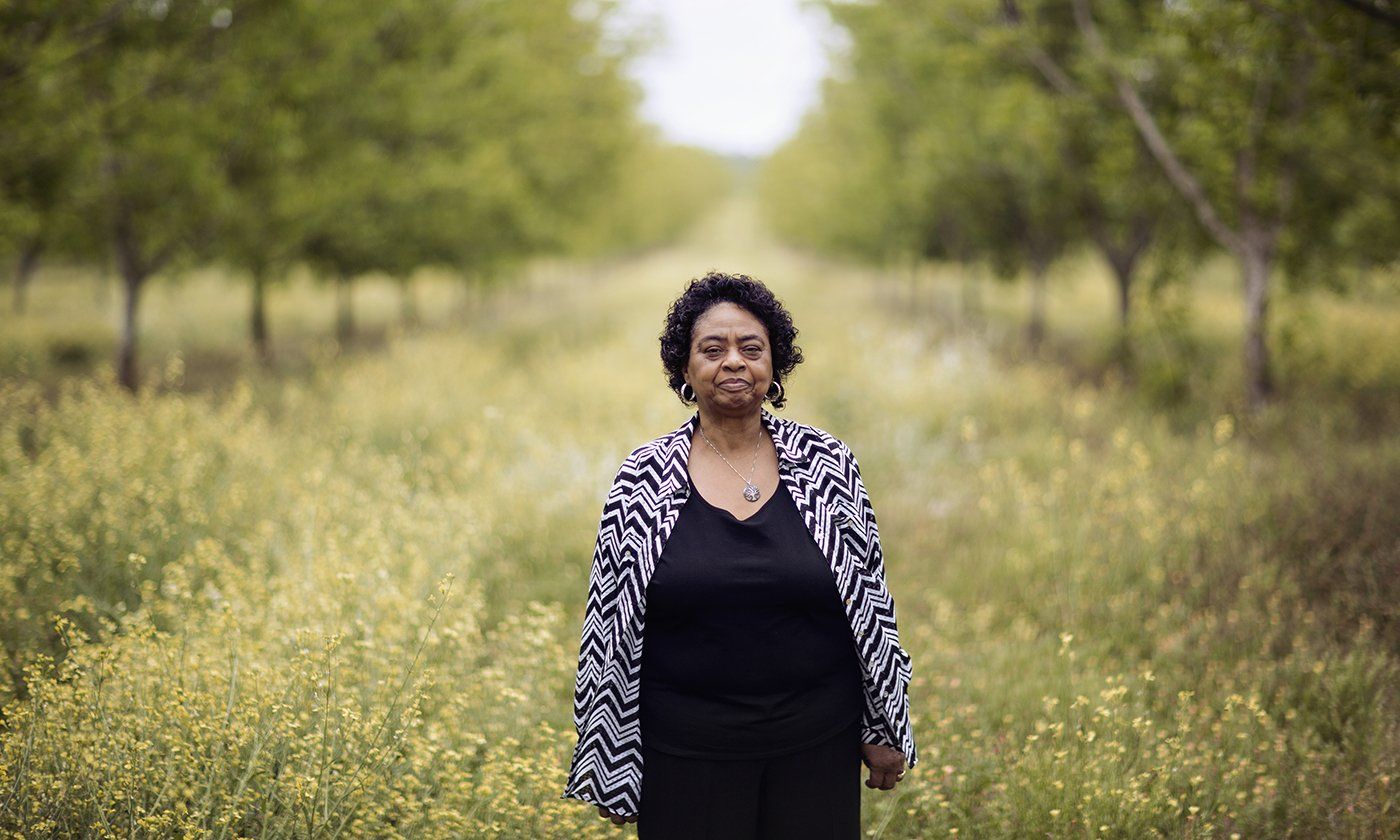News & Updates
Southwest Georgia Project
New Communities at Cypress Pond
Charles Sherrod CDC
RESORA
2023 HONORING CEREMONY @ RESORA
2023 GALA DINNER & PROGRAM
New Paragraph
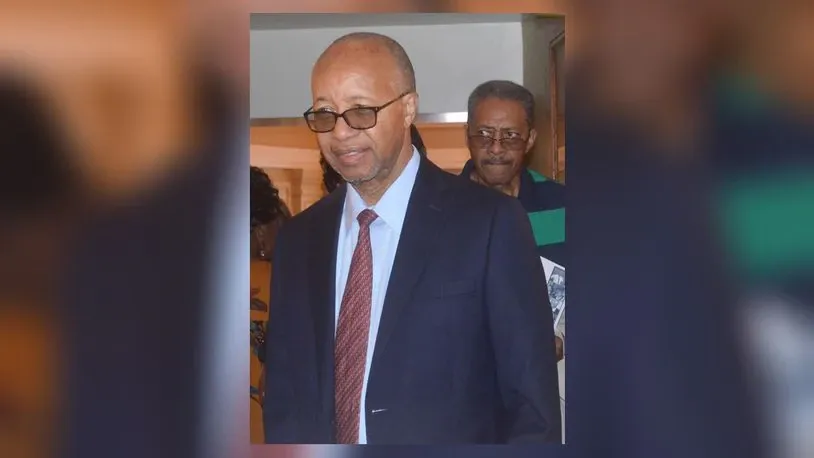
The Rev. Charles Melvin Sherrod, whose grassroots organizing of unregistered black voters sent shock waves through the segregated South and kickstarted the Albany Movement, has died. He was 85. Sherrod, whose death was confirmed by his family, died of natural causes at his home in Albany on Tuesday at 3:45 p.m. “He was a great husband, a great father and great servant to his community,” Sherrod’s wife of 56 years, Shirley Miller Sherrod, said. “His life serves as a shining example of service to one’s fellow man.” Sherrod played a transformative role in the civil rights movement during the 1960s, cofounding the Student Nonviolent Coordinating Committee (SNCC), and inspiring blacks in southwest Georgia to straighten their backs and stand up for their rights.

The Rev. Charles Melvin Sherrod, whose grassroots organizing of unregistered black voters sent shock waves through the segregated South and kickstarted the Albany Movement, has died. He was 85. Sherrod, whose death was confirmed by his family, died of natural causes at his home in Albany on Tuesday at 3:45 p.m. “He was a great husband, a great father and great servant to his community,” Sherrod’s wife of 56 years, Shirley Miller Sherrod, said. “His life serves as a shining example of service to one’s fellow man.” Sherrod played a transformative role in the civil rights movement during the 1960s, cofounding the Student Nonviolent Coordinating Committee (SNCC), and inspiring blacks in southwest Georgia to straighten their backs and stand up for their rights.
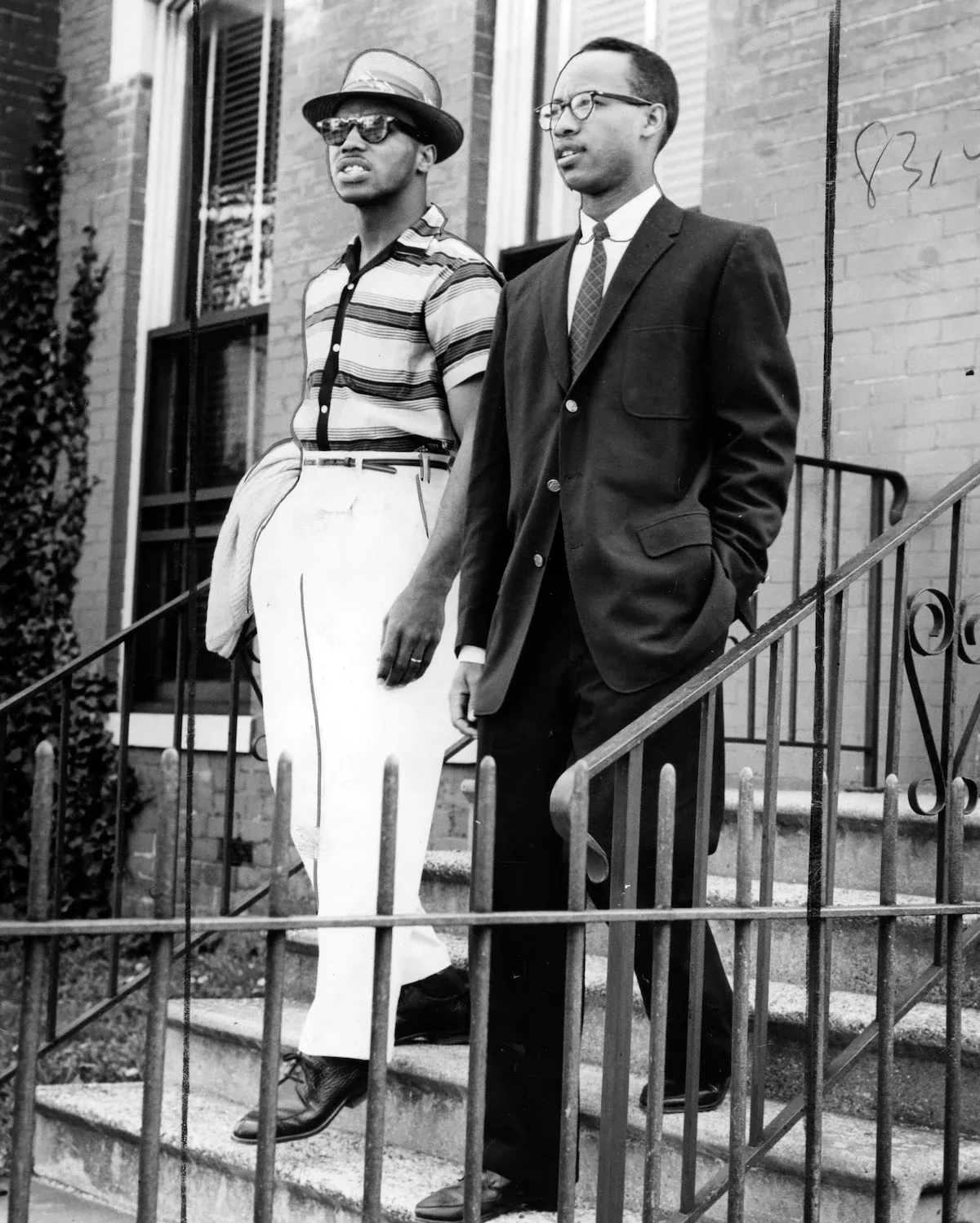
The Rev. Charles Sherrod, a front-line warrior for civil rights who became the first field secretary of the Student Nonviolent Coordinating Committee, braving beatings and death threats in the early 1960s while trying to desegregate a Southern stronghold of white supremacy, died Oct. 11 at his home in Albany, Ga., where he had worked for more than six decades. He was 85. His death was announced in a statement by his family, which did not cite a cause.
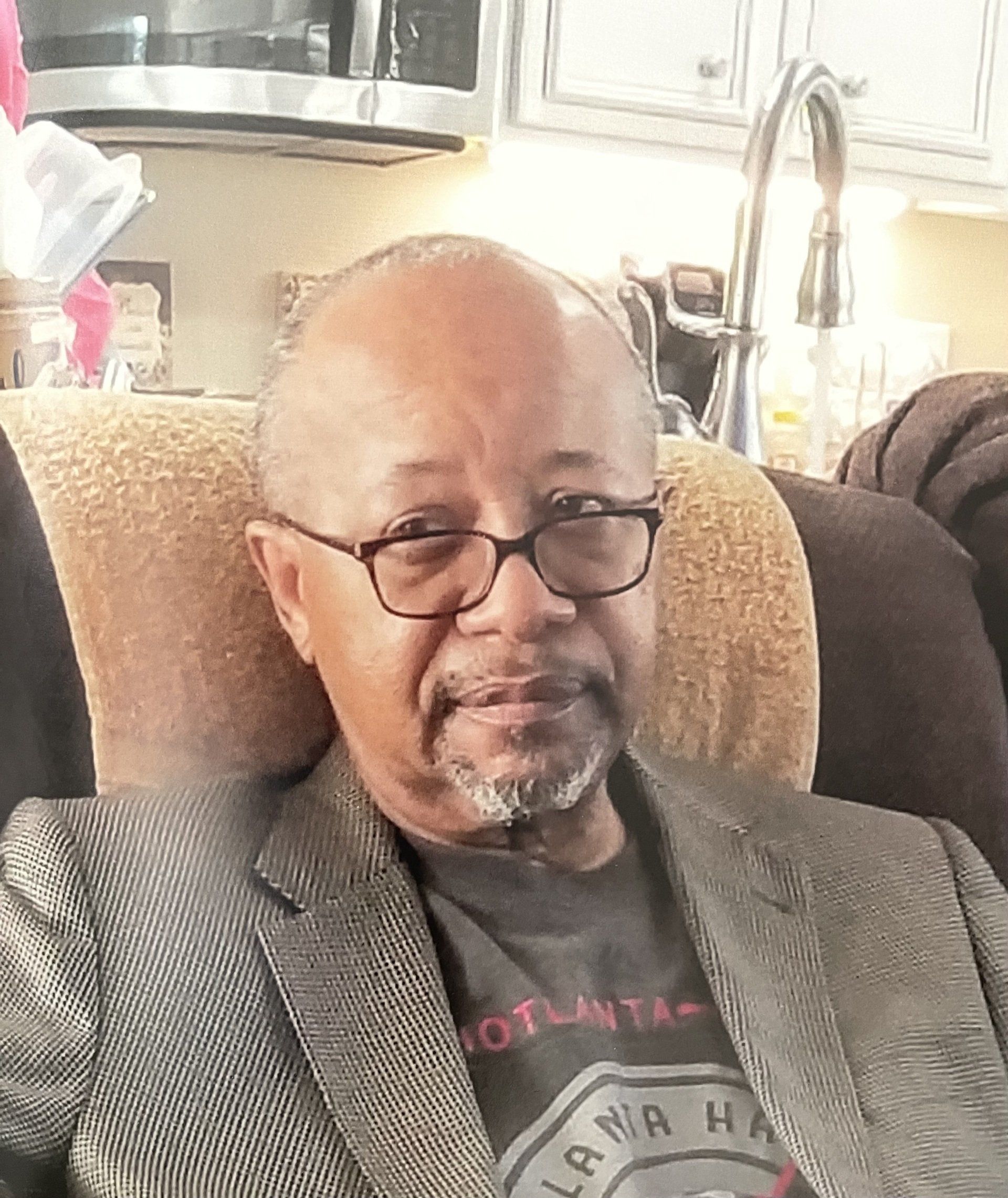
Albany, Georgia - Rev. Charles Melvin Sherrod, whose grassroots organizing of unregistered Black voters sent shock waves through the segregated South, and kickstarted the Albany Movement, has died. He was 85. Sherrod, whose death was confirmed by his family, died of natural causes at his home in Albany on Tuesday at 3:45 p.m. "He was a great husband, a great father, and great servant to his community," said his wife of 56 years, Shirley Miller Sherrod. "His life serves as a shining example of service to one's fellow man." Sherrod played a transformative role in Civil Rights Movement during the 1960s, cofounding SNCC, and inspiring Blacks in Southwest Georgia to straighten their backs and stand up for their rights. Born January 2, 1937, in rural Surry, Virginia, Sherrod moved with his grandmother and siblings to nearby Petersburg where he became president of his high school student body. He earned both his undergraduate and divinity degree at Virginia Union University in Richmond before engaging in sit ins at segregated churches and department store lunch counters. In April 1960, he traveled to Shaw University in Raleigh where he cofounded with others the Student Nonviolent Coordinating Committee (SNCC). The following February, the organization dispatched he and three others SNCC workers to Rock Hill, South Carolina where he chose jail over bail and spent 30 days on the chain gang. It was a strategy he would employ again and again throughout his civil rights career. In October 1961, Sherrod, headed to Albany as SNCC's first field secretary to help register Blacks to vote. His mastery at organizing mass meetings and empowering Black youth to stand up for their rights, mobilized parents and the status-quo to get off the sidelines. The result was The Albany Movement that garnered national and international attention and attracted scores of demonstrators, including Dr. Martin Luther King, Jr. His civil rights work was not restricted to Albany. He helped bus demonstrators from Southwest Georgia to the 1963 March on Washington and ensured strong attendance in support of the Mississippi Freedom Party at the 1964 Democratic National Convention in Atlantic City, New Jersey. He was the target of multiple acts of violence throughout his career, including death threats, the firebombing on his home with his wife inside and countless beatings at the hands of law enforcement. One particular attack in Newton, Georgia prevented him from a near fatal attack prevented only after a demonstrator wrapped her body around his. Meanwhile back in Southwest Georgia, Sherrod remained fully invested, spearheading voter registration efforts in surrounding counties, including the racially hostile Baker County. In the summer of 1965, he met the love of his life, Shirley Miller, the daughter of a Black farmer gunned down in his own pasture, by a white farmer whom an all-white jury refused to indict for his murder. After completing his master’s in divinity from Union Theological Seminary in New York City in 1966, Sherrod broke ranks with SNCC over its ouster of whites. He cofounded alternatively the Southwest Georgia Project for Community Education, continuing with his wife their voter registration work. In July 1968, Sherrod traveled to Israel with seven others to explore the idea of creating a community-held farm to serve as a safe haven for Black farmers thrown off their land during the Movement. Ultimately serving as the leader, Sherrod took the reins, secured the needed capital and acquired the 5735-acre New Communities, Inc. in neighboring Lee County. From 1969 to 1985, he served at the helm of what became the nation's largest Black-owned farm and first community land trust. That is, until drought and discriminatory loan practices brought about its loss. Still, Sherrod stayed the course. He served as one of Albany's first Black city commissioners from 1976 to 1990, ran unsuccessfully for a state senator in 1996, taught on faculty at Albany State University and served as chaplain at the Georgia State Prison in Homerville. However, he never allowed himself to forget about the loss of New Communities. In 1999, acting on behalf of the nonprofit, he and Shirley joined other Black farmers in a class action lawsuit, suing the United States Department of Agriculture with discriminatory loan practices. What they recovered in an out-of-court settlement cleared the way for the nonprofit to acquire the 1638-acre Cypress Pond plantation near Albany. This former antebellum plantation where the enslaved toiled now managed by descendants of the enslaved serve as a legacy to him. In addition to his wife Shirley, Sherrod is survived by two adult children, Russia Sherrod of Albany, Georgia and Kenyatta (Mikhiela) Sherrod of Marietta, Georgia, and five granddaughters, Kourtney (Charles, III) Sherrod Corbin of Auburn, Al, Mia Sherrod of Dallas, Tx, Kiera Sherrod of Marietta, Simone Sherrod of Marietta and Khloe Sherrod of Albany, Ga. Predeceased by his maternal grandmother Ida Walker, parents Martha Mae Gipson and Raymond Sherrod and brother Altha Gipson, Charles is survived by siblings Ricardo "Dump" (Doris) Sherrod of Fort Washington, MD, Roland Leon (Alet) Sherrod of Richmond, Sheilda Sherrod Fobbs of Richmond and Michael Gipson of Richmond. He is also survived by his mother-in-law, Grace Miller of Baker County, Ga, and in-laws Nannie (Paul) Jones of Cincinnati, Oh, Sandra (Melvin) Jones of Albany, Rubertha Hall of Salt Lake City, Utah, Debra Walker of Atlanta, and Hosea (Haley) Miller, Jr. of Leesburg. In lieu of flowers, the family asks that tax-deductible donations in Rev. Sherrod’s name be made to The Charles Sherrod Community Development Corporation. Gifts can be mailed to the following address: C/O The Sherrod Institute, 1216 Dawson Rd # 108, Albany, GA 31707. You can also donations in Rev. Sherrod’s name can be made payable to ‘The Charles Sherrod Community Development Corporation’ at this hyperlink: www.donorbox.org/charles-sherrod-cdc , or can be mailed – he nonprofit federal tax ID number is 47-3985534. Please send all tributes to: info@sherrodinstitute.org Planned Services Saturday, October 15, 2022, 11 a.m. - 1 p.m. Celebration of Life & Funeral Mount Zion Baptist Church 901 S Westover Blvd Albany, GA 31721 Interment (to follow) New Communities at Cypress Pond 801 Old Pretoria Road, Albany, GA 31721 Repast (to follow) New Communities at Cypress Pond 801 Old Pretoria Road, Albany, GA 31721
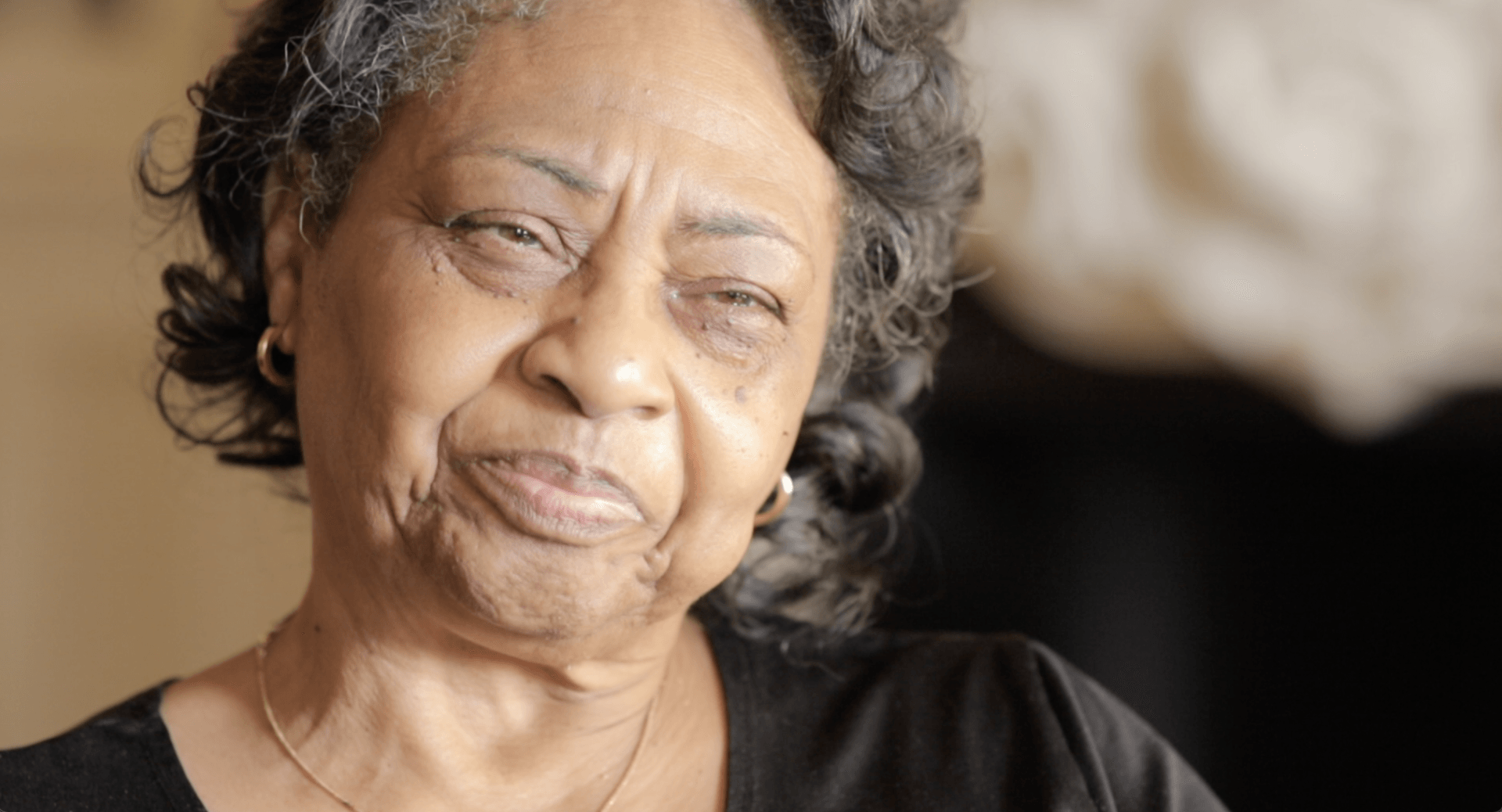
Intelligencer: Black USDA Official Was So Racist to White Farmer That They Became ‘Friends for Life’
Black families in the South are doing important work to continue the legacy of Black farming communities.

Shirley Sherrod was forced out of the Department of Agriculture because of a misleading video. An edited clip appeared to show her saying she didn't want to help white farmers save their land. But the entire speech made it clear that Sherrod was actually saying racism is wrong. She talks with host Michel Martin about her book The Courage To Hope.

